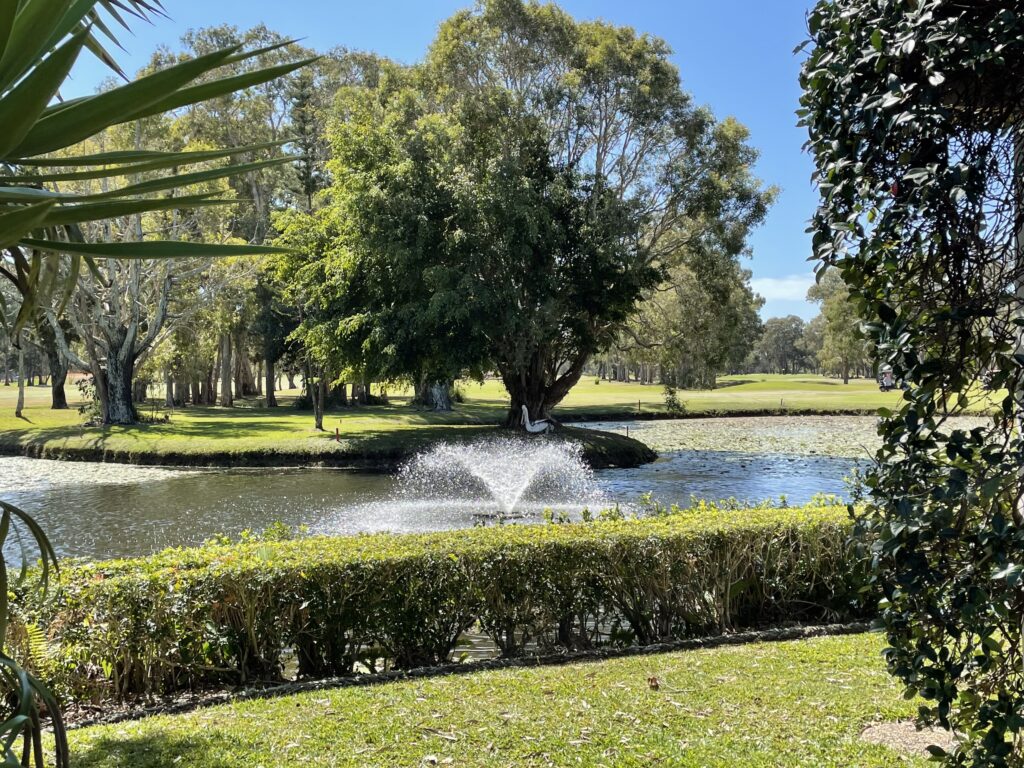This article is dedicated to all our senior community members. Yet, all readers may well benefit from the points shared.
As we reach later life and get older, a habitual tendency can be to live in a fantasy world of the past, in which we are always ruminating on bygone events. We are either enjoying reliving past experiences or becoming depressed about them.
However, the past is not here. The person we were, our friends and enemies, as well as the actual events themselves, are long gone. When we try to relive a former experience, we are not actually reliving the same event. Each time we recall it, it is a slightly different experience. Why?
Each remembered experience differs because the environment of our mind is always different. Our experience is affected by the thought(s) that we had immediately before, as well as by the thought that is going to arise next. Thus, our recollection of the past is necessarily distorted. We cannot undergo the same experience again, whether we consider it to have been wonderful or horrible. For these reasons the truth can be found only in the moment of present experience.
Simply reliving the past in an almost obsessive way is not going to help us with anything. On the other hand, if we direct our memory experience properly, reflecting on past events with mindfulness and awareness, then we may gain some insight into our past actions. Also, if such reflections help to free us from our negative habitual patterns, then there is some benefit to those memories. (Based on Dzogchen Ponlop, Mind Beyond Death.)
Two specific ways to mindfully benefit from our memories are:
(1) Look back on our lives in a positive, loving light.
(2) Deal with any unresolved issues and on-going pain.
Here, then, are eight points to reflect on during our later years (but they can be used during any stage of our lives):
Reviewing Life Positively
It’s a time to accept ourselves and our life’s journey as it has unfolded – and to accept the choices we have made, including what we have done and not done.
It’s a time to reflect on the noble desires and intentions we hadduring our life – and to acknowledge the good qualities in our lives.
It’s a time to recall our generosity – and to remember the many ways in which we contributed to the lives of others.
It’s a time to come to a deeper understanding of ourselves – and to view our whole life as a meaningful and unique tapestry of which we have been co-creators based on our free will.
Healing Unresolved Hurts
It’s a time to let go of feelings of regret and failure – and not to continue rehearsing and clinging on to them, especially once rich lessons of life have been gained from them.
It’s a time to drop all hurts and resentments – and to deeply accept all others, knowing that no one is beyond human weakness nor perfect in this life.
It’s a time to fully and unconditionally forgive ourselves and others – and to seek reconciliation where it is still possible.
It’s a time to be deeply at peace with ourselves – and to have a peaceful outlook toward all others.
If we go down memory lane in this way, it will not only lead to a more joyful life now, but we will also have a more peaceful death whenever that time comes for each of us.
Alexander Peck

With its freedoms and advantages, human life is like a treasure island; … do not come back an empty-handed failure.
An explorer who discovers a treasure island can fill his ship with gold, diamonds, sapphires, rubies, and emeralds. But his good fortune has nothing to compare with human life, which offers us something far more precious than any gold and precious stones—the chance to reflect on and practice the Dharma and give meaning to our lives. …
It is now, while you enjoy all the favorable conditions of human life, that you have the freedom necessary to practice the Dharma. [Human life can be wasted in vain pursuits or devoted to progress toward enlightenment. A human life is only qualified as precious if it is endowed with the freedom to practice the Dharma and the other necessary and favorable conditions.]
To ignore such an opportunity would be like a beggar picking up a jewel and, taking it for a piece of glass, tossing it back in the dust. Worse still would be actually to comprehend the value of human life but to waste it knowingly in distraction and the pursuit of worldly ambitions. That is the epitome of delusion. The explorer who returned from that treasure island empty-handed would have crossed the seas in vain. Do not make such a mistake.
(Dilgo Khyentse & Padampa Sangye. The Hundred Verses of Advice: Tibetan Buddhist Teachings on What Matters Most. 2002.)
